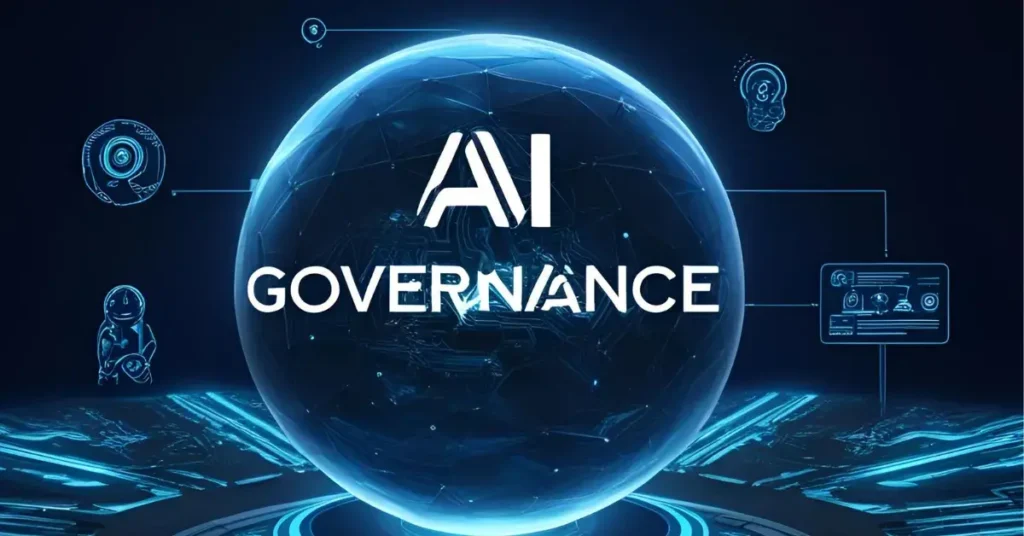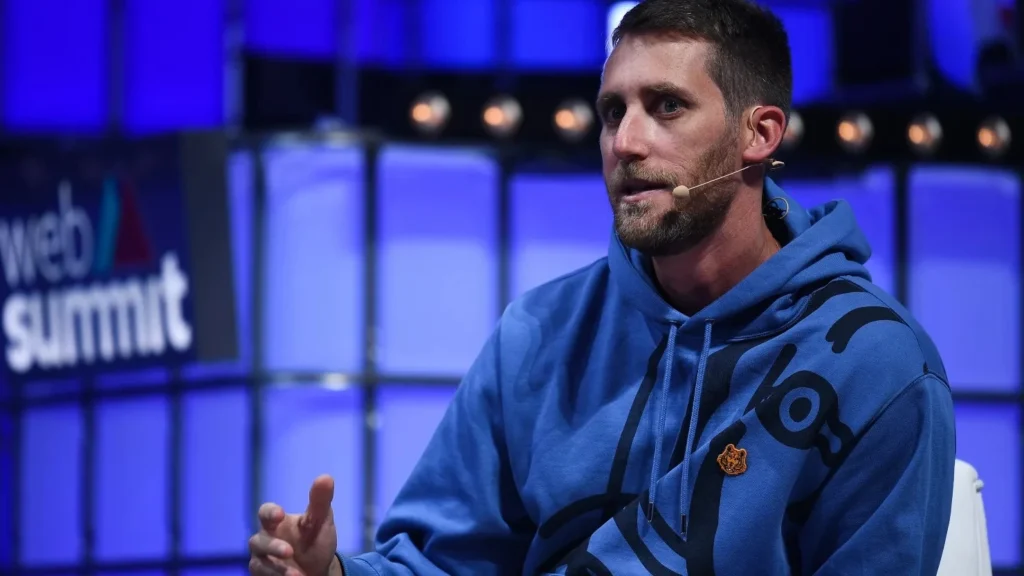India Introduces AI Governance Guidelines to Ensure Safe and Responsible Adoption
The Indian government has unveiled its first set of Artificial Intelligence (AI) governance guidelines, outlining a framework for the safe, transparent, and ethical use of AI technologies. The non-binding rules, released on Wednesday, are expected to shape India’s long-term vision for AI regulation ahead of the IndiaAI Impact Summit scheduled for February next year. Developed under the Ministry of Electronics and Information Technology (MeitY), the guidelines recommend potential amendments to the Information Technology (IT) Act to better classify AI systems and define liability across the AI value chain. The document highlights that the current definition of “intermediary” under the IT Act — covering telecom operators, search engines, and even cyber cafés — is outdated in the context of autonomous AI systems capable of generating data independently. Principal Scientific Adviser Ajay Sood noted that the new framework aims to provide clarity on responsibilities of AI developers and deployers, while also ensuring accountability. He added that the framework could serve as a model for AI governance in the Global South, especially for countries with limited regulatory resources. The guidelines also propose an India-specific AI risk assessment framework based on real-world harm evidence, along with a national database of AI incidents to track misuse, bias, and potential threats. This centralised repository will collect data from smaller regional databases managed by sectoral regulators, helping policymakers better understand the societal and security implications of AI technologies. The framework further recommends establishing new institutions to oversee AI policy, including an AI Governance Group—a permanent inter-ministerial body responsible for coordination and policy development—and leveraging the newly formed AI Safety Institute as the lead authority for ensuring safe and trusted AI use in India. Other key proposals include adopting regulatory sandboxes to allow innovation in controlled environments with limited legal exposure, and mandating accessible grievance redressal mechanisms through the existing Grievance Appellate Committee process. The guidelines also stress the need to update copyright laws to support large-scale AI model training and clarify digital platform classifications. MeitY Secretary S. Krishnan said the government is committed to acting when necessary to ensure AI is developed responsibly and ethically. The document, shaped after studying AI policies in the US, European Union, and China, and informed by over 2,500 submissions from stakeholders including academia, industry, and government bodies, marks a significant step in India’s effort to build a robust governance ecosystem for emerging technologies. Source: Economic Times
India Introduces AI Governance Guidelines to Ensure Safe and Responsible Adoption Read More »










